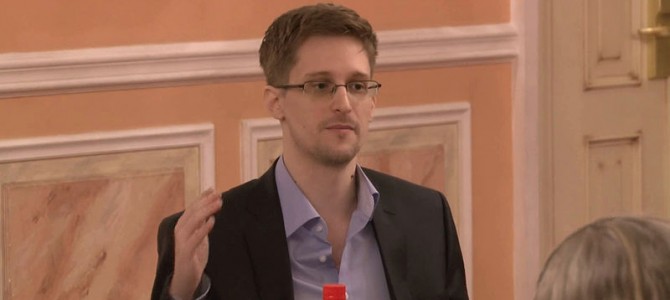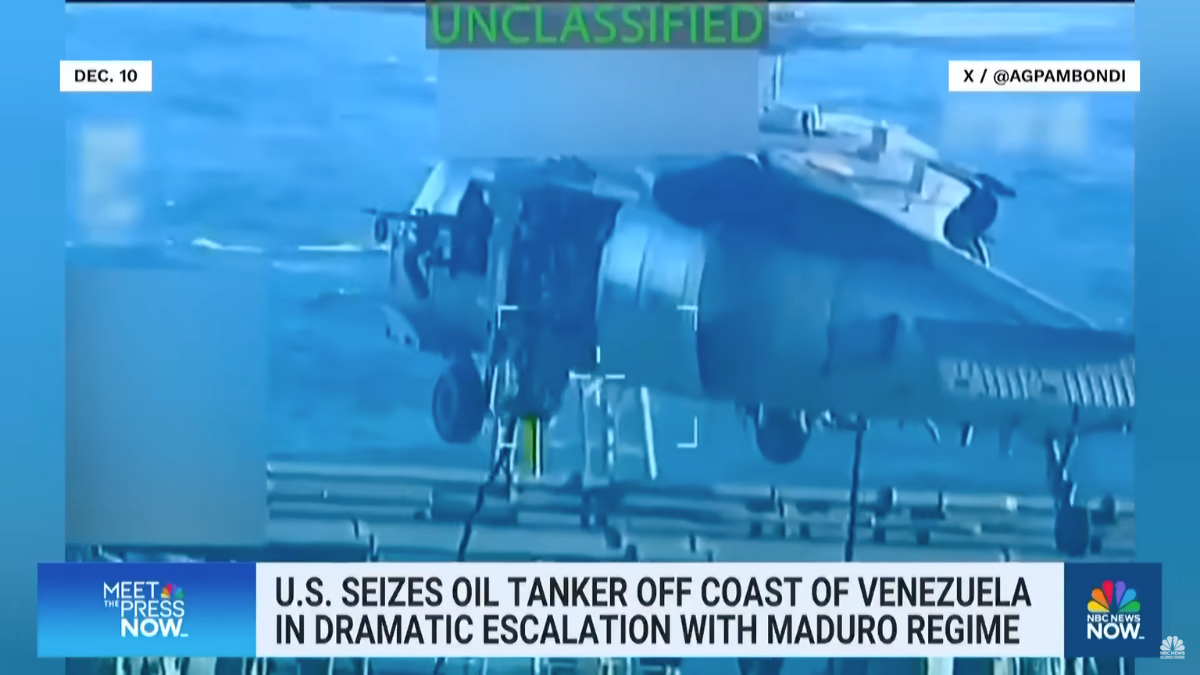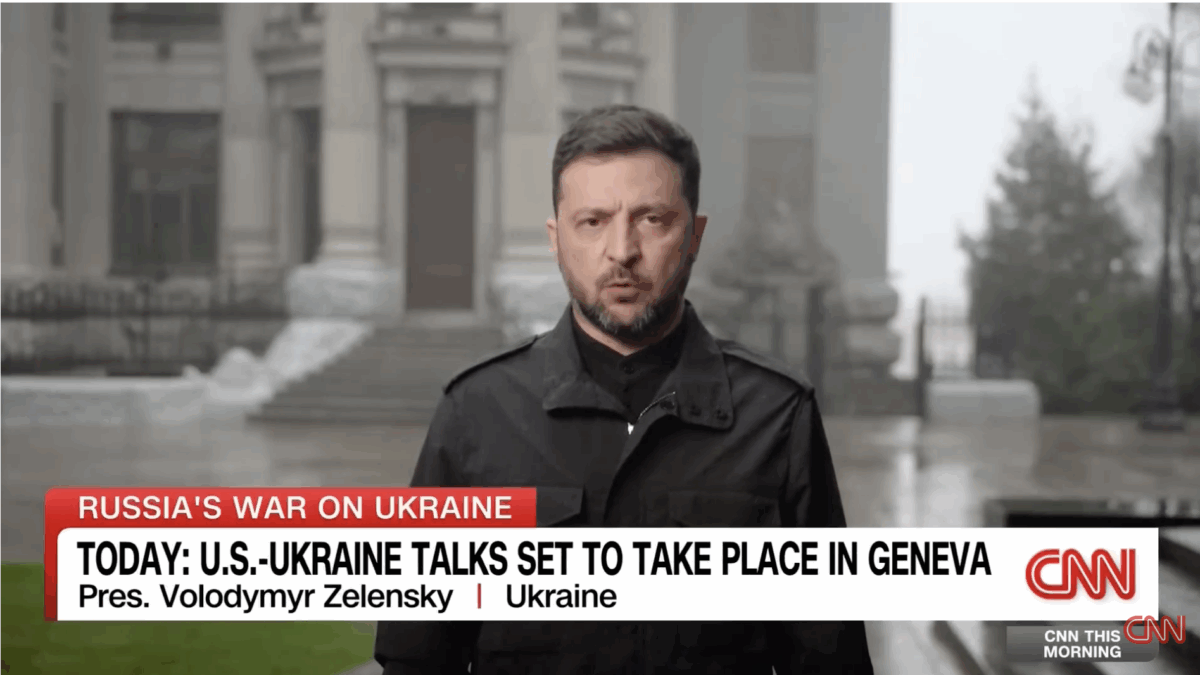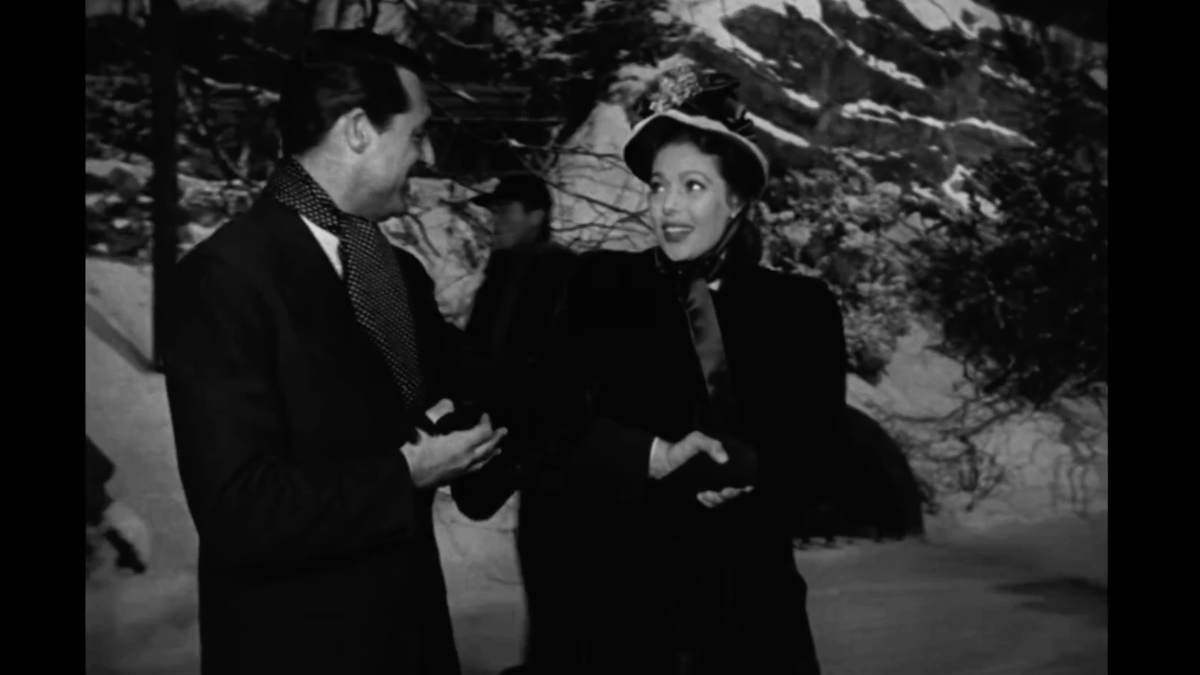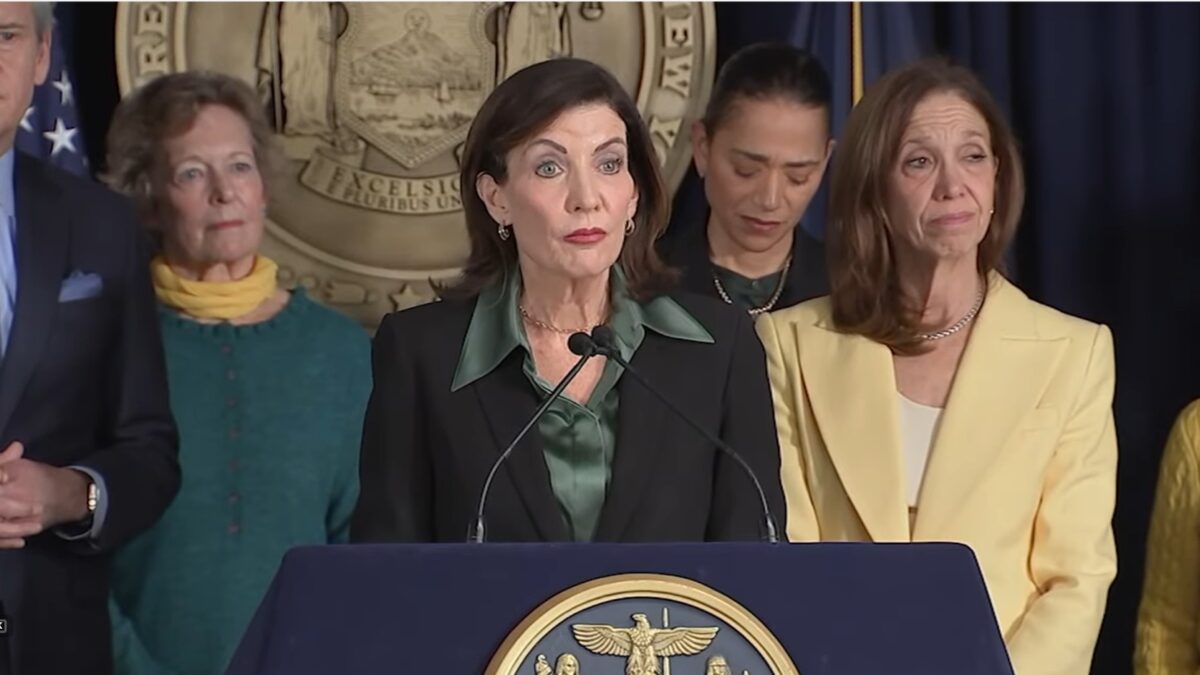There has been a lot of debate about whether NSA leaker Edward Snowden is a hero or a traitor. It ought to be pretty much settled by Snowden’s appearance with Vladimir Putin on Russian television.
I was leaning toward “traitor” from early on. While I was happy that some of the information on mass surveillance was leaked so the public could have an informed debate about it, I was suspicious of the fact that Snowden promptly decamped to China and then to Russia — two countries with long records of using surveillance as a means of oppressing their people, who were clearly interested only in using Snowden as a propaganda point against America. Which Snowden could have and should have known.
If he didn’t know it, well, he knows it now. Snowden just got a lesson in his propaganda value when he was invited to appear by video during a television interview with Vladimir Putin to ask whether Russia engages in mass surveillance of its citizens. Putin said no — though it’s telling that the main reason he gave was lack of money and equipment — and then went on to declare that Russia’s “special services” are strictly government by law. Which is, of course, a total lie.
You may recall that the crisis in Ukraine has been punctuated by leaked recordings of private phone conservations among Western leaders and diplomats. Since the leaks are uniformly favorable to Russian interests, it’s obvious that Russia is behind it. So there’s every reason to believe that Putin is engaged in at least as much espionage as the US, and that he’s more willing to exploit it for propaganda purposes.
Presumably Snowden thought he was going to answer his critics by showing that he is willing to bravely question his Russian host on spying. But it didn’t come off that way.
First of all, would Snowden or any of his defenders have considered this sufficient in the West—to simply ask a public official whether or not he’s spying and assume that the answer is meaningful when there is absolutely no way to verify it? Is there any effective legislative oversight or political opposition in Russia? Is there any functioning investigative journalism, or do those who ask too many questions have a tendency to get beaten to death, shot, or thrown out of windows?
The Putin regime controls the media, which is mostly owned by the state or by businessmen connected to the state, and it targets critics and political rivals — such as Mikhail Khodorkovsky and Alexei Navalny — with arbitrary prosecutions in Kremlin-controlled courts.
In this context, does it even matter whether Czar Vladimir also spies on his subjects’ phone calls? The NSA’s spying is such a big issue in the West because we are so free. We worry about mass surveillance, even if it is supposed to be targeted at finding terrorists, because we worry that this will be a first violation of civil liberties that will lead to others. In Putin’s Russia, it would be the last violation, lost among all the others.
In asking that question of Putin, Snowden is helping the Russian leader and the country’s subservient press to pretend that none of this is true. He’s enabling Putin, incredibly, to pose as morally superior to the West and as more lawful than the United States government. Snowden is lending his credibility to the official line of Kremlin propaganda.
At worst, Snowden has sold himself out to his Russian hosts. At best, he is what Lenin called a “useful idiot,” a Western leftist caught up in his own agenda who tries not to think too much about whose interests he is really serving.
This is a microcosm of what is destroying the West. Our ability to criticize our own societies is one of our core strengths. But it has been turned into a destructive, indiscriminate, one-sided criticism — an attempt, not to correct specific injustices, but to delegitimize our entire system. Snowden has just reminded us who is the beneficiary of this nihilistic self-criticism — the dictators and oppressors who use it to give themselves a free pass on answering for their crimes.
Follow Robert on Twitter.
